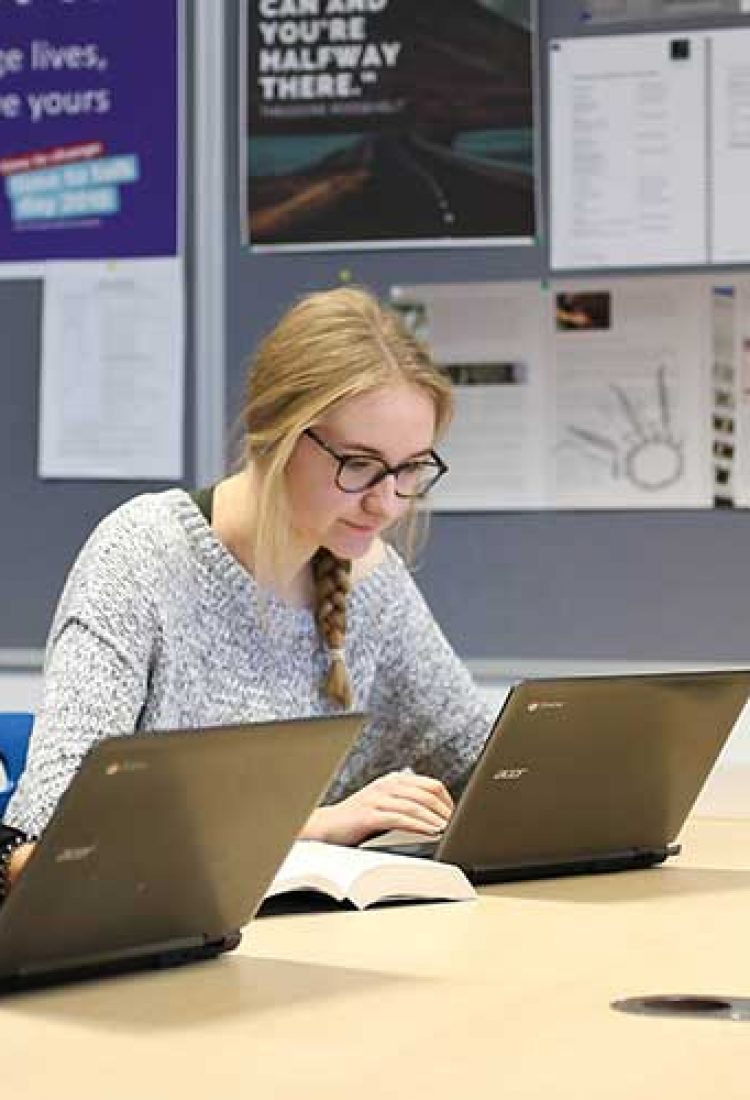Entry Requirements
History – Grade 6 English Language and English Literature – Grade 5
Examination Board: AQA
Introduction/General Advice and Requirements
Advanced Level History is concerned primarily with fostering and developing skills in handling and analysing information, and with the ability to use information to construct a clear and concise argument.
Both Higher and Further Educational establishments hold History in high regard as an entry qualification, and employers recognise the value of historical studies as an academic discipline that provides the context for political, social and economic developments.
Course Content & Assessment
The course is divided into 3 units:
UNIT 1C The Tudors: England, 1485–1603 40% of A Level
This focuses on the Tudor dynasty from Henry VII – Elizabeth I. 1485-1547 (Henry VII and VIII) is taught in Year 12 and 1547 – 1603 (Edward VI, Mary I and Elizabeth 1) taught in Year 13.
In Year 12 the course covers:
- Political history of the period e.g. threats to the throne, the divorce, consolidation of power, role of government ministers e.g. Wolsey, Cromwell
- The Reformation and the Break with Rome
- Foreign policy, relations with Scotland, France and Spain
- Tudor Rebellions
- Economic history including trade and exploration
In Year 13 the course covers
- A Mid Tudor Crisis? The reigns of Edward and Mary
- Foreign policy and war with Spain
- The threat of Mary Queen of Scots
- Tudor Rebellions – Wyatt, Kett, Western, Northern Earls, Essex
- The changing religious policies of Edward, Mary and Elizabeth.
UNIT 2R The Cold War, c1945–1991 40% of the A Level
This focuses on the Brink of Nuclear War: International Relations, c1945–1963 which is taught in Year 12 and from Détente to the end of the Cold War, c1963–1991 which is taught in Year 13.
In Year 12 the course covers:
- Relations at the end of WWII, the Iron Curtain, division of Germany, the Berlin Blockade
- The Korean War
- NATO, Warsaw Pact
- The Cuban Missile Crisis
- Key world leaders e.g. Stalin, Roosevelt, Churchill, Eisenhower, Khrushchev, Mao Zedong, J. F Kennedy and Kim ll Sung
In Year 13 the course covers:
- The Cuban Missile Crisis
- The Vietnam War
- The Second Cold War: the reasons for renewed hostilities and developments
- Soviet invasion of Afghanistan
- The collapse of Communism in the Eastern European soviet satellite states; the end of the Brezhnev Doctrine and significance of events of 1989
- The ending of Cold War tensions in Asia: Afghanistan; the Americas: Cuba, Nicaragua and El Salvador; Africa: Angola and Ethiopia
- Role of individuals such as Nixon, Reagan, Thatcher, Brezhnev and Gorbachev
UNIT 3 RUSSIAN REVOLUTION COURSEWORK 20% of A Level
This involves a study of approximately 100 years of Russian History from 1856 to 1964. This includes the last Tsars, Alexander II and III, Nicholas II, the Russian Revolution, the regimes of both Lenin and Stalin. Students will be required to complete an extended essay of approximately 3500 words. Students will study this during the summer term of Year 12.
Students will sit two examinations at the end of Year 13 on Units 1 and 2. This will examine the whole of the course content covered in both Year 12 AND Year 13.
CAREER OPPORTUNITIES
Both Higher and Further Educational establishments hold History in high regard as an entry qualification, and employers recognise the value of historical studies as an academic discipline that provides the context for political, social and economic developments. These are varied. Many prominent lawyers, journalists, TV researchers, politicians and professionals in a wide variety of fields have employed an academic historical training to good effect. Most History graduates progress to vocational and professional qualifications, which include law, the Civil Service, management, teaching, accountancy, banking, journalism, publishing, administration and the heritage industry.


